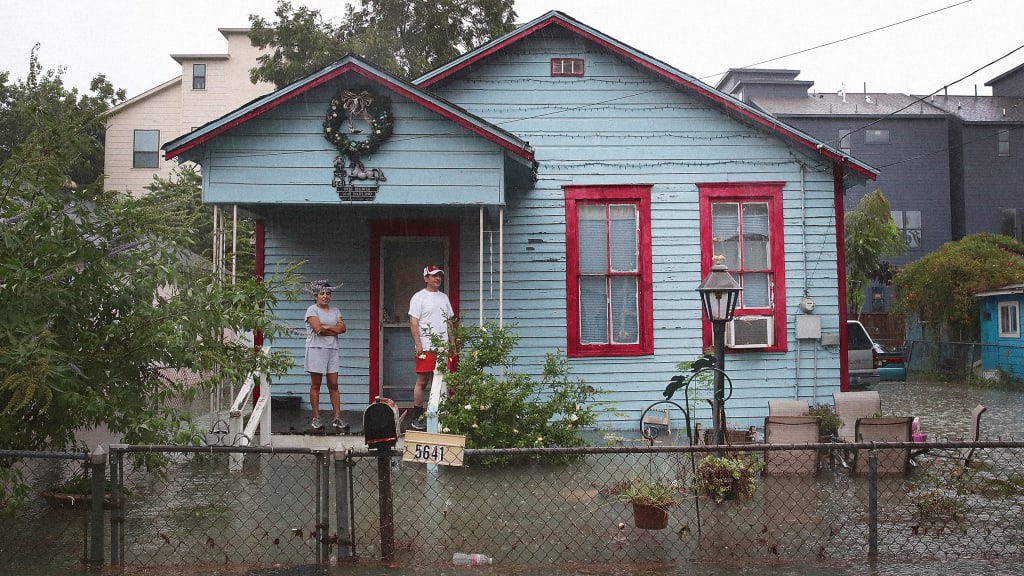
"Powerful storms predominantly impact low-income neighborhoods due to inadequate drainage and protective measures, highlighting a critical need for equitable disaster risk planning."
"FEMA's 2023 guidelines aimed to integrate social equity in disaster mitigation, requiring local plans to engage and consider vulnerable communities explicitly."
"Recent changes in FEMA's policy under the Trump administration removed crucial references to equity and climate change, reverting to a narrower focus on public participation."
"The legacy of redlining has disproportionately exposed poorer, minority populations to greater risks from hurricanes and flooding, necessitating a more equitable approach to urban planning."
The article discusses how storms and flooding disproportionately affect low-income neighborhoods, often lacking effective drainage and protections. Following disasters like Hurricane Katrina and Harvey, FEMA updated its policy in 2023 to prioritize equity in hazard mitigation planning. Cities are encouraged to incorporate the perspectives of socially vulnerable communities. However, with a shift in the agency's policies in 2025 under the Trump administration, key equity considerations were removed, leaving a gap in addressing the specific vulnerabilities of these populations as hurricane seasons intensify.
Read at Fast Company
Unable to calculate read time
Collection
[
|
...
]